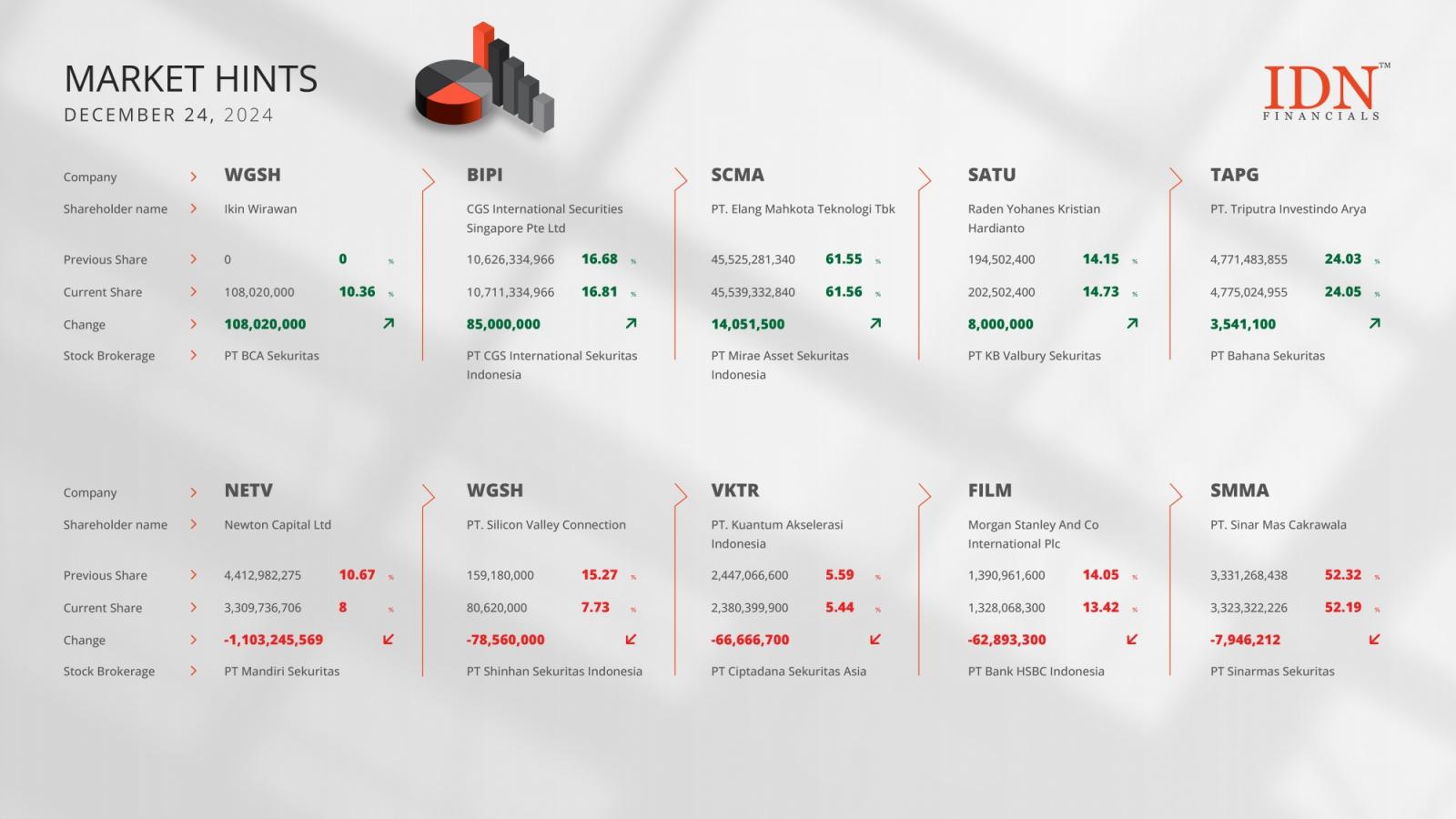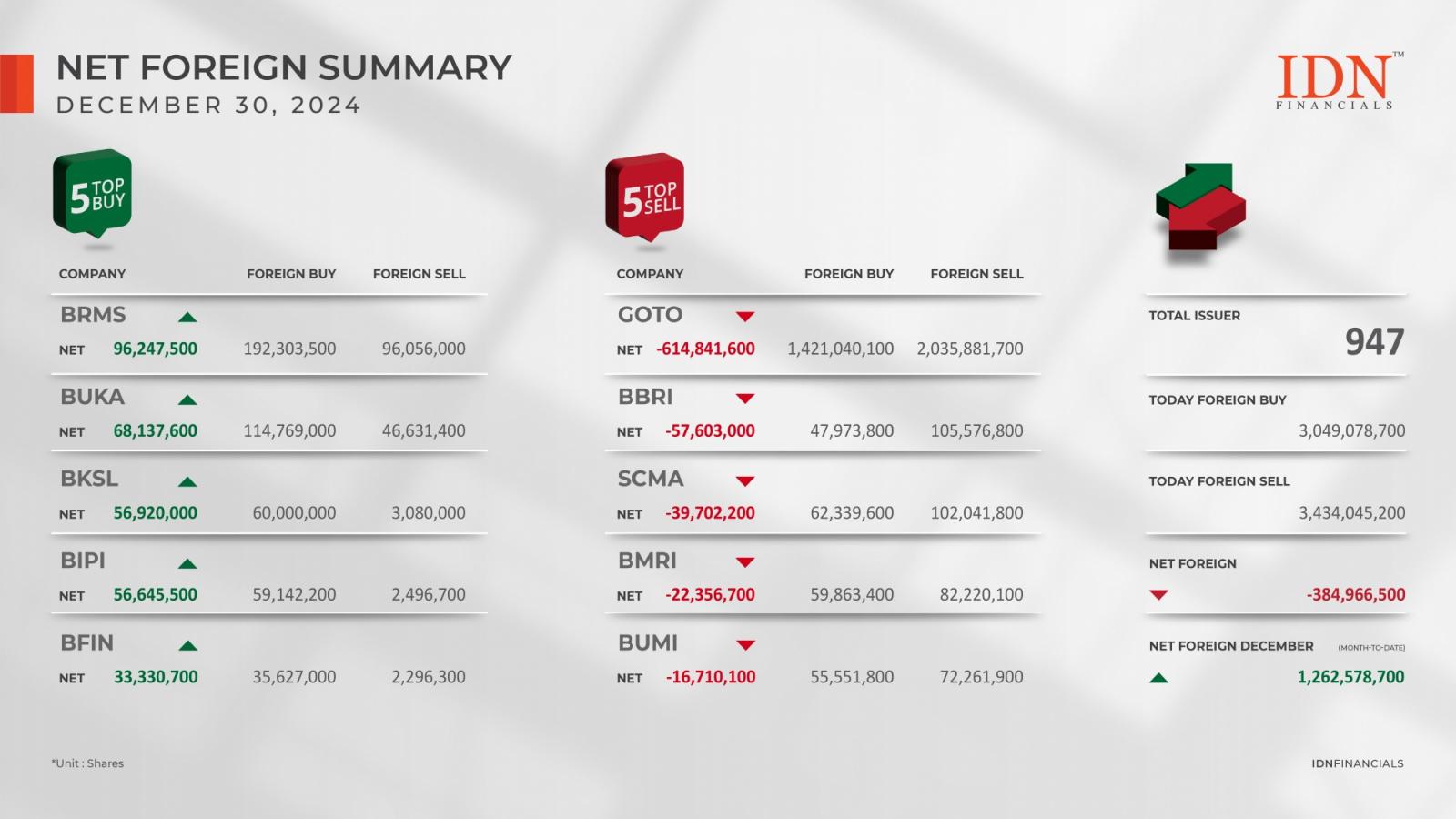The Solana Foundation has taken decisive action against a group of validator operators involved in sandwich attacks on traders, a deceptive practice plaguing decentralized networks.
The action aligns with the Foundation’s rules prohibiting such malicious activities and their commitment to safeguarding the integrity and trustworthiness of the Solana ecosystem. The Foundation emphasizes protecting retail investors from exploitation.
Solana Removes Validators Engaging in Sandwich Attacks
Sandwich attacks exploit the transaction sequencing on blockchain networks like Ethereum and Solana. A malicious actor places an order before a pending transaction and another immediately after. In this way, they effectively manipulate the asset’s price to profit from the price difference. This unethical tactic guarantees retail investors the worst possible price while the attacker reaps all the profits.
These validators, identified for participating in mempools facilitating sandwich attacks, have been removed from the Solana Foundation’s delegation program. Tim Garcia, Solana’s validator relations lead, announced the removal of these validators on Discord, emphasizing the Foundation’s zero-tolerance policy towards malicious activities.
“Decisions in this matter are final. Enforcement actions are ongoing as we detect operators participating in mempools which allow sandwich attacks.”
According to Garcia, validators engaging in harmful practices, including participating in private mempools to conduct sandwich attacks, face immediate expulsion from the delegation program.
“Anyone found engaging in such activity will be rejected from the program, and any stake from the Foundation will be immediately and permanently removed.”
Notably, the Solana Foundation Delegation Program aims to support validators. The Foundation assigns them SOL tokens, alleviating the burden of holding a significant token reserve. Validators, selected based on their performance, create blocks and verify transactions. However, being one of the validators comes with specific criteria and expectations of good practices.
Mert Mumtaz, co-founder of Solana RPC provider Helius, highlighted the grave implications of operators exploiting retail users for personal gain. Mumtaz revealed that some validators had modified their setups to enable sandwiching on Solana.
I'm sure a lot of super honest people who have a perfect understanding of MEV on Solana and the Foundation Delegation program will try to misrepresent reality to feel better about their bags
For those genuinely curious, I'll summarize:
– a sandwich attack is a malicious form of… pic. .com/KhfGBgGuyT
— mert | helius | hSOL (@0xMert_) June 10, 2024
This modification allows validators to manipulate transaction ordering to maximize profits. Validators then exploit transactions to profit from price changes, causing higher costs and slippage for users.
Solana Plan Towards 100% of Priority Fees For Validators
According to a recent report, Solana validators will now receive 100% of priority fees from transactions on the network following the passing of a governance proposal with a 77% favorable vote. The change aims to incentivize validators to prioritize network security and operation, addressing these concerns and enhancing transparency.
SIMD-0096 net change to inflation is just 4.6%
Many dissatisfied comments happening relating to the SIMD-0096 proposal about validators enriching themselves and removing burn which harms deflationary mechanism.
Our role here is primarily to help facilitate the vote, regardless…
— Laine ❤️ stakewiz.com (@laine_sa_) May 10, 2024
However, some stakeholders, have raised concerns about the proposal’s potential impact on the network’s inflation rate. They note that priority fees were absent in May 2023, suggesting a potential inflation rate of approximately 9.9% annually.
Previously, half of the fees from priority transactions were eliminated, raising concerns about validators engaging in “side deals” to receive more SOL tokens. Some said they are disguised as the MEV (Maximal Extractable Value), which allows them to manipulate prices. Buttressing this, a recent arbitrage bot operator known as 2Fast achieved a profit of $1.8 million from a single transaction bundle using MEV.
Meanwhile, crypto investor Brian Kelly has suggested that Solana could be the next to have a spot ETF in the US.
However, skepticism remains, with experts like Nate Geraci suggesting that a Solana ETF might not materialize until Congress establishes a clear regulatory framework for cryptocurrencies beyond Bitcoin and Ethereum or until a Solana futures product is listed on a major exchange.





